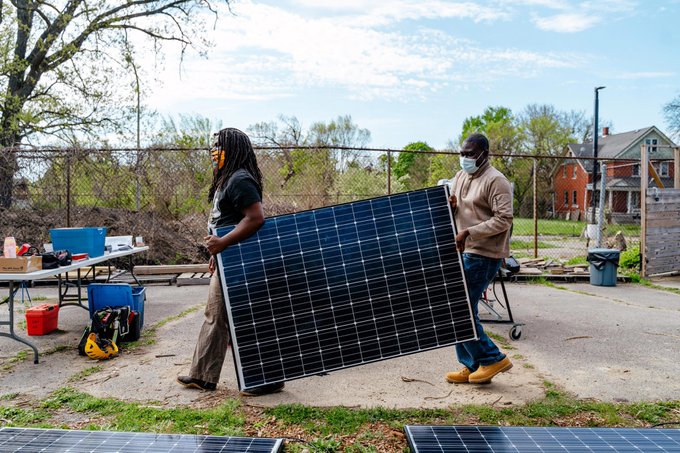The U.S. National Climate Assessment is mandated by the Global Change Research Act of 1990. The assessment is conducted about every four years and is an authoritative scientific analysis of climate change risks, impacts and responses in the U.S.
The nation this month completed the Fifth National Climate Assessment, or NCA5. The National Oceanic and Atmospheric Administration is the administrative agency for NCA5 and certifies that the report meets Information Quality Act and Evidence Act standards. The assessment is an extensive process that includes internal and external review from federal agencies, the general public and external peer review by a panel of experts.
There is unequivocal evidence that our planet is warming at an unprecedented rate. Earth’s average surface temperature has risen almost 2 degrees Fahrenheit since the late 19th century. Human activity is the principal cause. The warming affects agriculture, forests and water quality with impacts for weather events and the way we live. The NCA5 documents the ways in which the U.S. is experiencing the results of climate change and assesses those risks, challenges and opportunities.
The average winter temperatures of the Great Lakes region have warmed by as much as 5 degrees over the past half-century. The ice coverage on the Great Lakes, as well as smaller lakes, is shrinking. The annual maximum ice cover of the Great Lakes is, on average, 22% lower than it was 50 years ago. The decline in ice coverage and thickness has made ice fishing difficult and dangerous.
The warming trend also is reflected in more freeze-free days each year. The impact is an extended growing season. Plants have more time to grow and release potential allergy-inducing pollen. For example, ragweed pollen production typically peaks in September and lasts through October. Warmer fall temperatures can extend the ragweed growing season with health consequences for allergy sufferers.
Steve Ackerman and Jonathan Martin, professors in the UW-Madison department of atmospheric and oceanic sciences, are guests on WHA radio (970 AM) at 11:45 a.m. the last Monday of each month. send them your questions at stevea@ssec.wisc.edu or jemarti1@wisc.edu.


